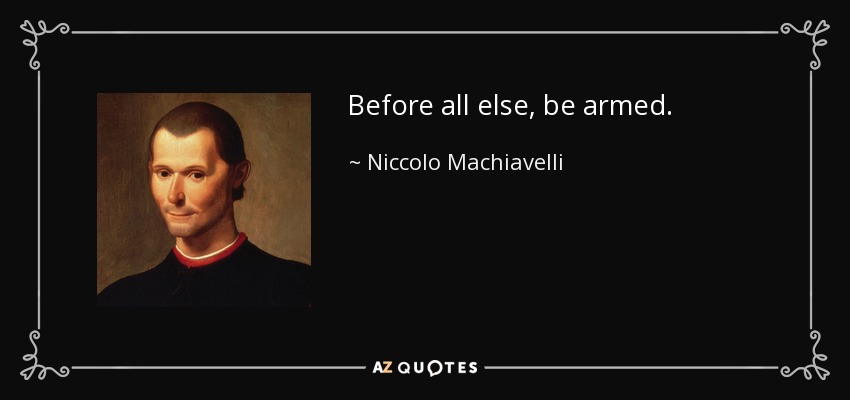

In 1513, after being expelled from political service with the takeover of Florence by the Medici family, Machiavelli penned his outline of what makes an effective leader in The Prince. There were constant power struggles at the time between the city-states of Italy, the Holy Roman Empire, France and Spain.Īs leaders rapidly rose and fell, Machiavelli observed traits that, he believed, bolstered power and influence. Machiavelli’s guide to power was revolutionary in that it described how powerful people succeeded-as he saw it-rather than as one imagined a leader should operate.īefore his exile, Machiavelli had navigated the volatile political environment of 16th-century Italy as a statesman. It was his hope that a strong sovereign, as outlined in his writing, could return Florence to its former glory.
:max_bytes(150000):strip_icc()/GettyImages-526100868-591773055f9b586470797978.jpg)
Rather, when Machiavelli wrote The Prince, his shrewd guidelines to power in the 16th century, he was an exiled statesman angling for a post in the Florentine government. Tony Soprano and Shakespeare’s Macbeth may be well-known Machiavellian characters, but the man whose name inspired the term, Niccolo Machiavelli, didn’t operate by his own cynical rule book.

While Machiavelli was writing primarily about political power, his philosophies have been adopted by business leaders and titans of industry-presidents, CEOs, entrepreneurs, and innovators-ever since.According to Machiavelli, the ends always justify the means-no matter how cruel, calculating or immoral those means might be. The Prince contains adages regarding politics, in particular, providing advice for gaining and maintaining power. After his career in politics had ended, Machiavelli wrote a short treatise that is often considered his masterpiece but was not published until five years after his death. Business Lessons from the Renaissance Master of Gaining and Maintaining Power Generally considered the father of modern political science-and political ethics in particular-Niccolò di Bernardo dei Machiavelli was a Renaissance Italian writer, philosopher, humanist, historian, politician, and diplomat.


 0 kommentar(er)
0 kommentar(er)
